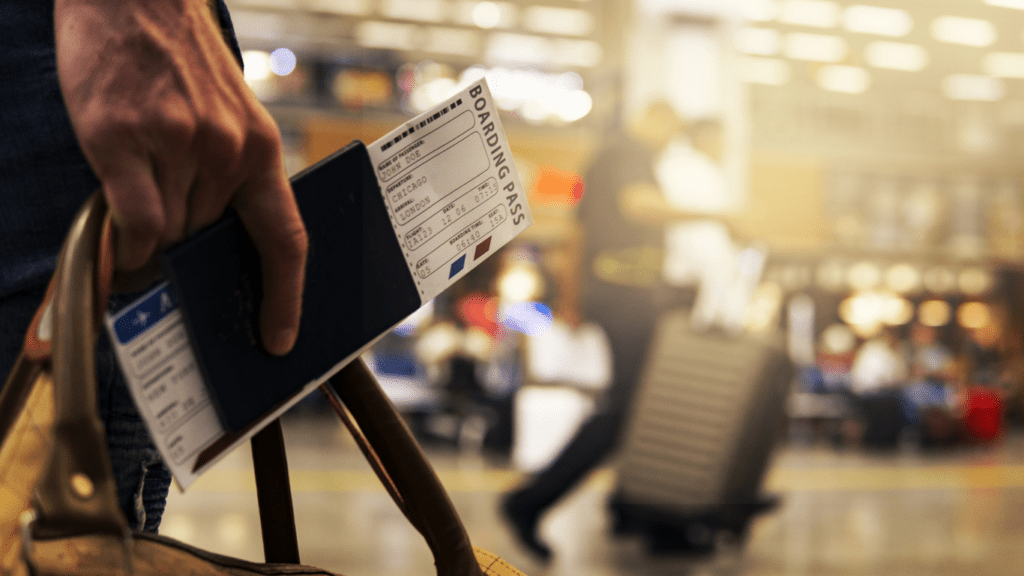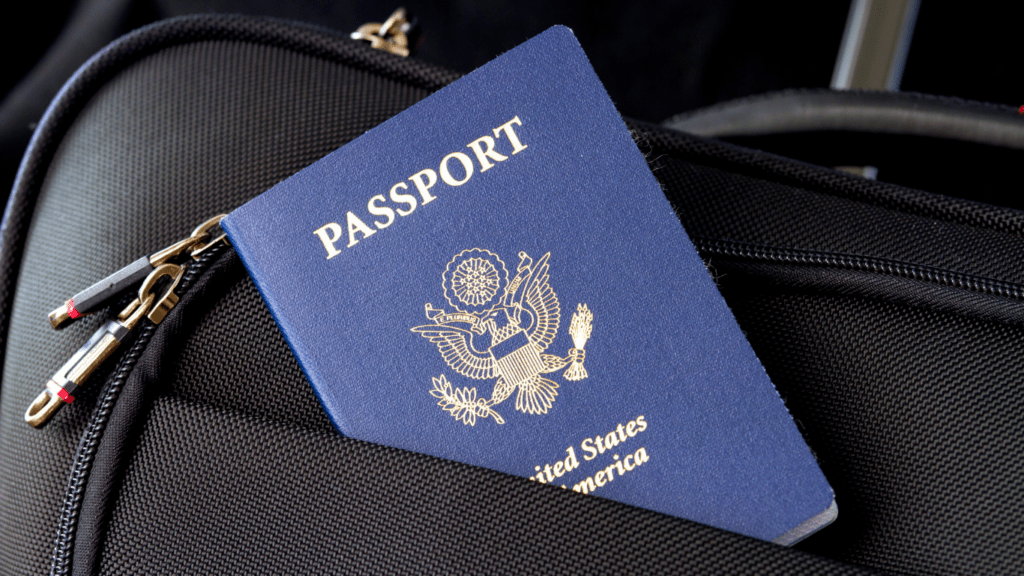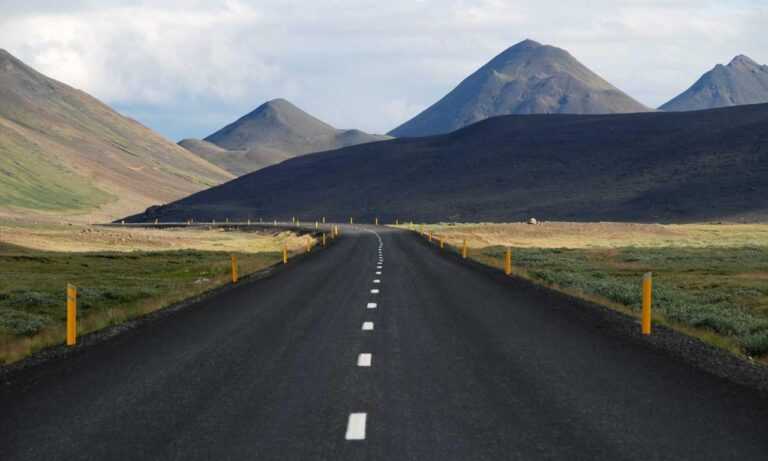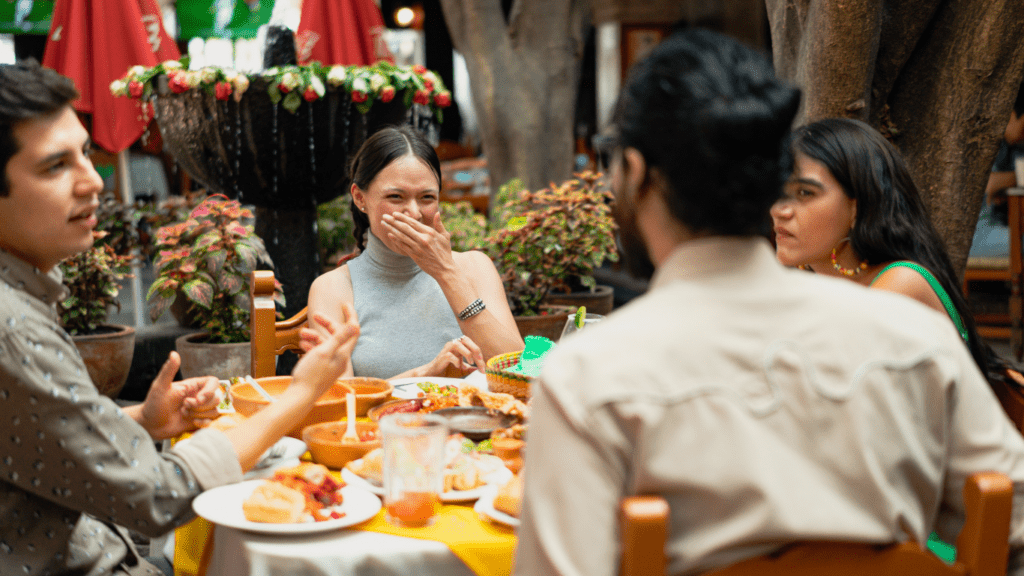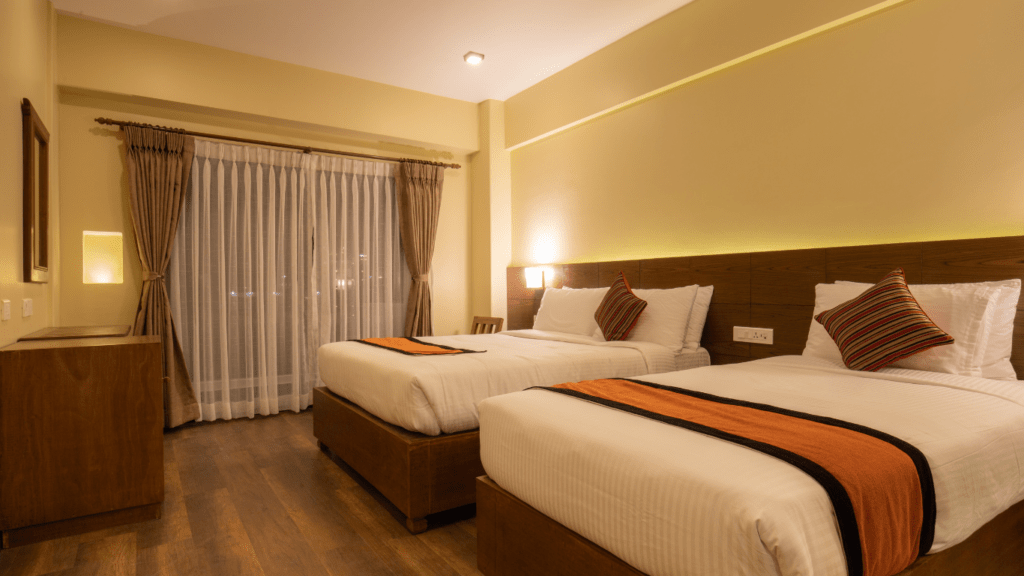Traveling the world is a dream for many, but the idea of soaring costs can hold us back. I’ve been there, feeling the urge to explore new cultures and landscapes while worrying about my budget. The good news is, it’s entirely possible to see the world without emptying your wallet.
Tips for Budget Travel
Traveling on a budget requires strategic planning and resourcefulness. Here are effective ways to minimize costs while exploring the world.
Researching Affordable Destinations
Research destinations that offer a low cost of living. Countries in Southeast Asia, such as Thailand and Vietnam, offer affordable accommodations and food. Eastern Europe, including Hungary and Poland, features budget-friendly attractions and experiences.
Utilize travel blogs, forums, and cost comparison websites to identify these budget-friendly locations. Consistent research on seasonal trends helps find cheaper rates; visiting during off-peak seasons can significantly lower costs.
Finding Budget Airlines and Transport
Finding budget airlines requires a thorough search for the best deals. Websites like Skyscanner or Google Flights provide options to compare fares. Signing up for fare alerts allows me to catch flash sales and discounts.
Flexible travel dates help in discovering cheaper flights, as midweek departures often cost less than weekend travel. For ground transportation, consider using local buses or trains, which are often cheaper than taxis or ride-sharing services.
Researching public transport options before traveling ensures efficient and cost-effective travel within the destination.
Accommodation on a Budget
Finding affordable accommodation is crucial for budget travelers. Various options can significantly lower trip costs while providing comfortable places to stay.
Hostels vs. Hotels
I often prefer hostels over hotels for various reasons. Hostels typically offer lower prices, shared facilities, and opportunities to meet fellow travelers. Dormitory-style rooms usually cost between $10 to $40 per night, depending on the location.
In contrast, hotels can charge $80 or more for basic accommodations. Hostels also often provide kitchen access, allowing me to save money by preparing meals instead of eating out. However, hotels might offer more privacy and better amenities, which could suit some travelers.
Weighing the pros and cons of each option helps determine the right fit for my travel style.
Alternative Lodging Options
I explore multiple alternative lodging options to maximize my travel budget. Airbnb or vacation rentals often provide competitive prices, especially for group travel. Many listings offer entire homes or private rooms ranging from $30 to $100 per night, depending on the location.
Couchsurfing is another valuable resource, allowing me to stay with locals for free. This option fosters cultural exchange and provides a unique travel experience. Additionally, look into house-sitting opportunities.
They typically cover accommodations in exchange for taking care of someone’s home, often resulting in significant savings. Considering these alternatives can enhance travel experiences while keeping accommodation costs low.
Saving on Food and Dining
Food expenses can strain a travel budget, but strategic choices can significantly reduce costs. From local eateries to self-cooked meals, I explore ways to save money while enjoying diverse cuisines.
Eating Like a Local
Eating at local restaurants not only saves money but also enriches the travel experience. I find authentic dishes at lower prices by avoiding tourist traps. Street food markets often offer delicious meals for $1 to $5.
In many cities, lunch specials or set menus provide hearty options that cost less than dinner. Utilizing apps like Yelp or TripAdvisor helps me locate the best local spots, often with great reviews highlighting value and taste. Connecting with locals also uncovers hidden gems that don’t appear in guidebooks.
Cooking Your Own Meals
Cooking my own meals presents a fantastic opportunity to save while traveling. Many hostels and rental properties include kitchen facilities. Purchasing groceries from local markets often costs less than dining out; for example, budgeting $20-$30 for a week’s worth of meals is common in many countries.
Preparing simple dishes like pasta or stir-fries allows me to enjoy healthy, satisfying meals without overspending. Additionally, I can share meals with fellow travelers, creating a communal experience that enhances my journey.
Activities and Sightseeing for Less
Traveling doesn’t have to mean spending a fortune on activities and attractions. I often find affordable or even free options that enrich my experiences without straining my budget.
Free and Low-Cost Attractions
I prioritize free and low-cost attractions when exploring new destinations. Many cities offer free walking tours that provide insights into local history and culture. Public parks, botanical gardens, and historical sites often charge little to no admission, allowing me to immerse myself in nature and heritage.
In major cities, museums frequently host free admission days or discounted entry with certain discounts, such as a student or senior ID. I also look for local festivals or events that showcase cultural traditions, many of which don’t require an entry fee.
Discounts and Passes
I often consider purchasing city passes, which bundle entry fees to multiple attractions at a reduced rate. These passes often include public transportation options as well. For instance, some cities offer the option to pre-purchase packages that cover attractions and tours, saving me time and money.
Discount cards, available for numerous tourist attractions, provide access to extensive savings, enabling me to enjoy what the city offers without overspending. Additionally, I check for online discounts or promotional codes before booking tickets, as platforms like Groupon and Viator frequently feature deals for popular activities.
Money-Saving Strategies
Traveling the world on a budget requires strategic planning and a focus on cost-saving measures. Below are effective strategies that can help keep travel expenses in check.
- Travel Insurance and Safety: Travel insurance offers protection against unexpected events, such as trip cancellations, medical emergencies, and lost possessions. I prioritize insurance that covers both health and travel-related issues, often choosing plans that offer comprehensive coverage at competitive rates.
- Using Travel Rewards and Loyalty Programs: Maximizing travel rewards can significantly lower travel costs. I take advantage of various loyalty programs offered by airlines, hotels, and credit cards. These programs often provide points for every dollar spent, leading to discounted flights, upgrades, or free stays.

